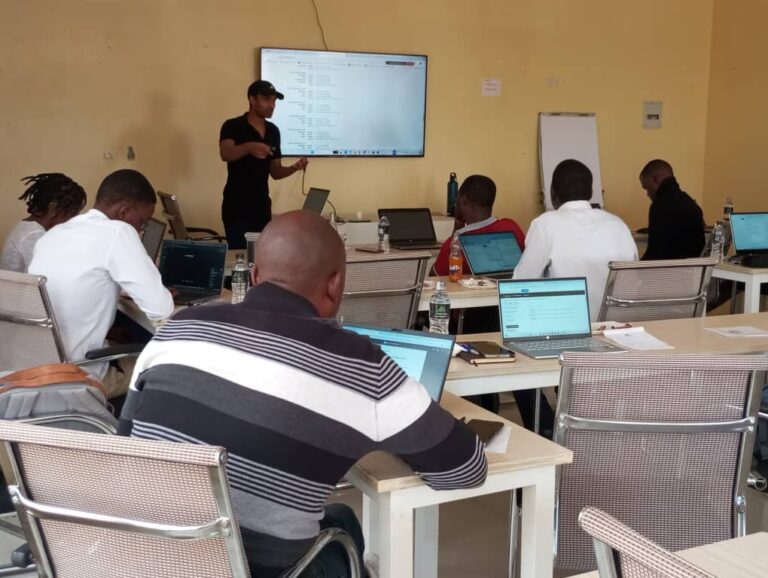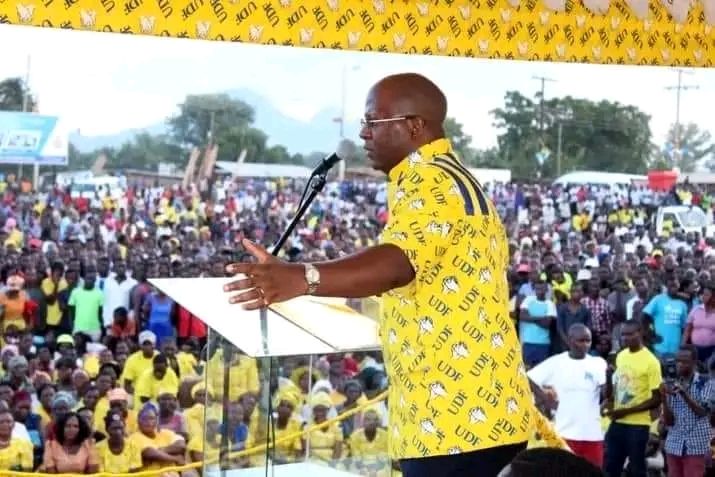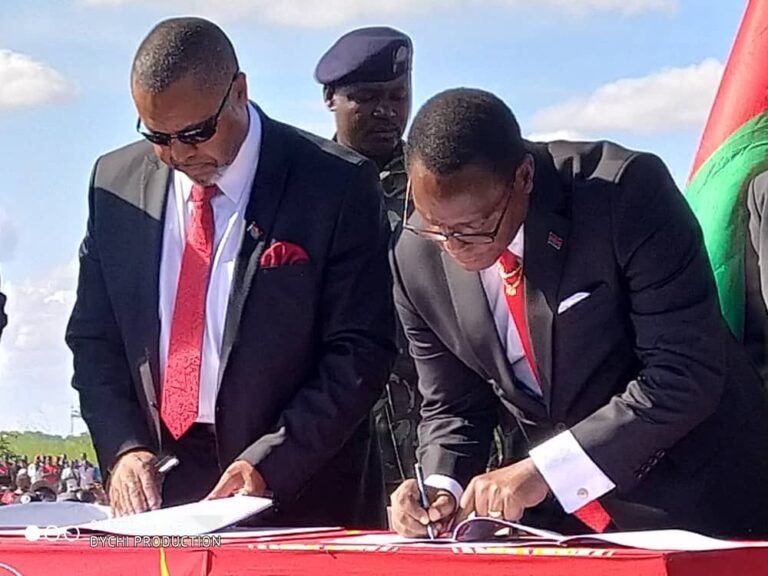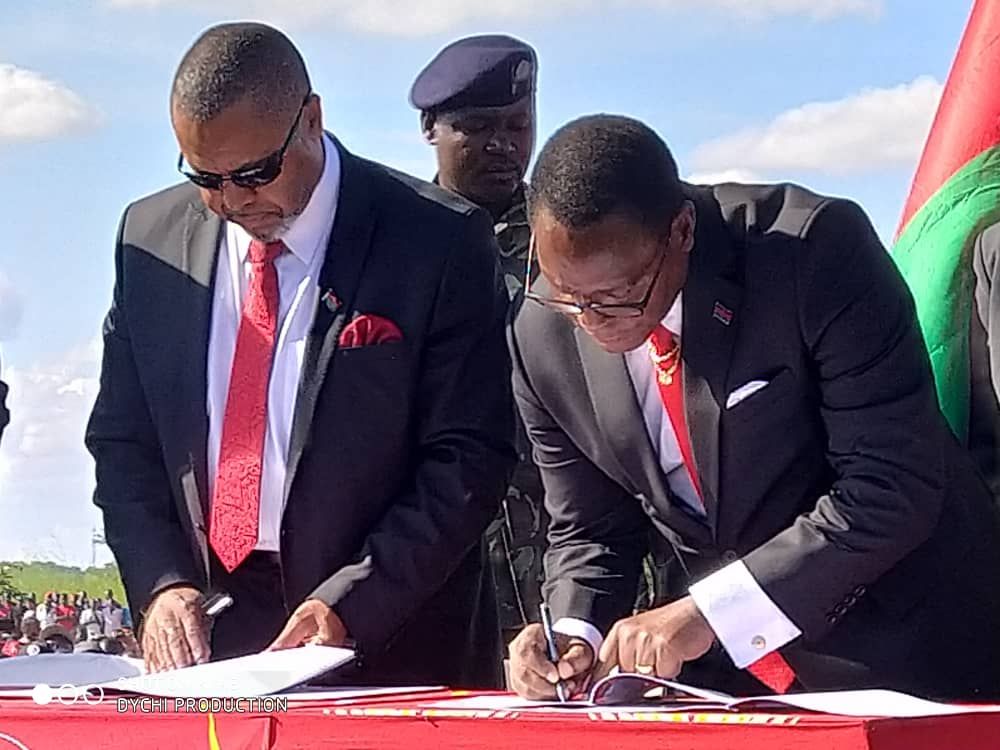By Kondwani Kandiado
In a bid to promote trade between Malawi and other neighboring countries, the Ministry of Agriculture is developing a single software solution to help the ministry develop and install a modern Sanitary and PhytoSanitary information management system(SPSIS).
The project is being done by Southern African Trade and Connectivity Project (SATCP) with Mauritius Network Services (MNS) as the consultants.

Among other things, the project seeks to help the ministry install a fully functional and modern information management system to improve processes associated with management of import and export of plant and animal goods at the department of agriculture research and department of animal health and livestock.
Speaking in an interview in Mponela – Dowa during the SPSIS Malawi Java training, Chief Systems Analyst in the ministry of Agriculture, Gift Kalilangwe said the training will help speed up the processes of issuing permits and improve trade between Malawi and neighbouring Tanzania and Mozambique.
He said: “The time it takes for a common man to get a certificate from institutions takes long and this project aims at streamlining the processes that will be undertaken so that less time is taken to access them. It will eliminate the need for traders to visit department of research and animal health.”
He said improved access to permits will help promote import and exports for the country which he said will eventually help boost revenue for the country.
One of the participants, Wongani Gwazayani who is also Principal ICT officer from department of Agriculture Services said the training will help them manage the SPS system better.
“When the system is handed over to us we should be able to manage and sustain it to help Malawians do trade and get permits and certificates online,” she said.
Technical Architect from Mauritius Network Services Limited, Yoven Ayassamy said in an interview that the training would help them work together with African countries including Malawi as partners to help implement the project.
“We would like to work together with Malawi because we see a lot of opportunities in Africa and a lot of projects that need to be developed,” he said.
The SPS system is a web-enabled application that allows traders to access a single portal to prepare and submit applications to various regulatory certificates and permit institutions and support the approval and processing of business operations.
The system also helps in protection against falsification of trade documents.
Pic: Some ICT experts during the java training session.
END








